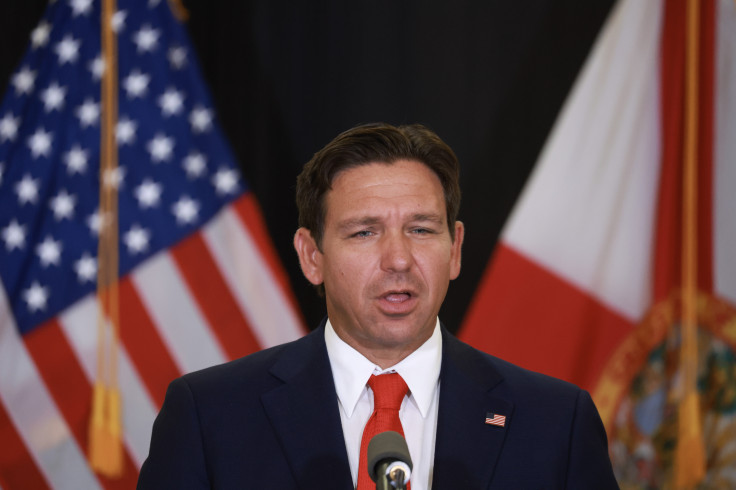
After weeks of infighting in Florida's Republican Party, an agreement has been reached on a revised set of immigration bills. While the lawmakers made some concessions, they still revoked Gov. Ron DeSantis' sole authority to deal with the matter.
The new set of bills comes after an almost three-week tense standoff between the governor and his fellow Sunshine State Republicans. DeSantis, who is in his last term in office, had called for a special legislative session on immigration earlier this year, but the Florida legislature declined, asserting that they would discuss the issue in their own terms.
As part of the compromise, no single elected officials— DeSantis or the legislature's preferred agriculture commissioner— will be Florida's chief immigration officer. Instead, the governor, the agriculture commissioner, the attorney general and the chief financial officer will all sit on a new state board of immigration enforcement. The board's decision will have to be unanimous.
The governor had previously been vocal about his opposition to having the Agriculture Commissioner, Wilton Simpson, lead immigration efforts in the state. In fact, he had called the legislature's proposed measures "weak," and said putting Simpson, an egg farmer, in charge of immigration enforcement was akin to "putting the fox in charge of the henhouse."
Under the new compromise, DeSantis will still have a say on Florida deportations, but power on the matter has been diminished, as any plans would need to be supervised by the U.S. Immigration and Customs Enforcement (ICE). According to a bill that is expected to pass the Legislature Friday, any transportation plans would need to be under ICE's "direct control and supervision." The federal government would also need to reimburse the state for all transportation costs, which previously had been paid by Florida taxpayers.
Nevertheless, the governor did not win lawmakers' support for a plan to stop unauthorized immigrants from sending money back to their home countries. He also lost control over a state program that in 2022 paid to recruit and fly several dozen undocumented immigrants to Martha's Vineyard.
The compromise has so far been met with excitement from both parties involved. One Republican lawmaker said the consensus bill on immigration was a victory because the Legislature was able to bring DeSantis to the table to negotiate.
"I think the winner here is the legislative branch, the Senate and the House, because it brought the governor to the table," said state Rep. Debbie Mayfield, R-Melbourne. "When we work together we come out with a better product."
The fight for Florida's immigration authority came as both state lawmakers and DeSantis aimed to closely align themselves and their legislation to fit the president's agenda. DeSantis said early January that he had personally spoken to the president about the policy ideas, and he and his staff have been briefed on some of Trump's early immigration-focused proposals.
"We will tailor what we are doing to mirror what their policies are going to be," DeSantis told reporters before Trump officially took office on Jan. 20.
© 2025 Latin Times. All rights reserved. Do not reproduce without permission.








